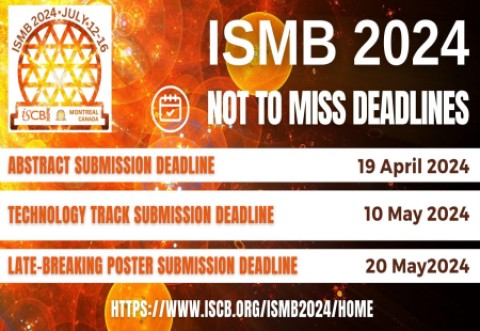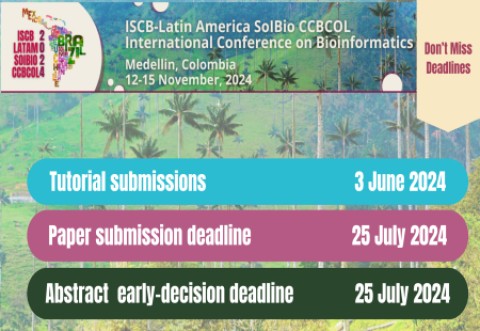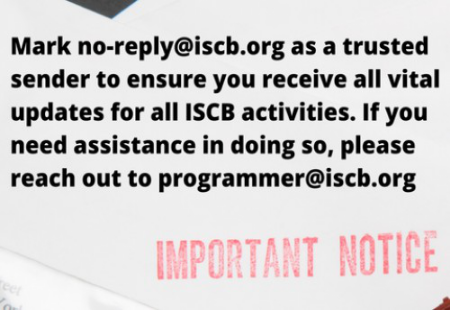
FASEB News - March 7, 2011
Contact: Cody Mooneyhan
This email address is being protected from spambots. You need JavaScript enabled to view it.
301-634-7104
Federation of American Societies for Experimental Biology
Rockefeller Scientists discover new compound that rids cells of Alzheimer protein debris
New research in the FASEB Journal suggests that a compound called SMER28 reduces beta-amyloid by stimulating autophagy, which effectively slows the buildup of toxic beta-amyloid
If you can't stop the beta-amyloid protein plaques from forming in Alzheimer's disease patients, then maybe you can help the body rid itself of them instead. At least that's what scientists from New York were hoping for when they found a drug candidate to do just that. Their work appears in a research report online in The FASEB Journal (www.fasebj.org), and shows that a new compound, called "SMER28" stimulated autophagy in rat and mice cells. Autophagy is a process cells use to "clean out" the debris from their interior, including unwanted materials such as the protein aggregates that are hallmarks of Alzheimer's disease. In mice and rat cells, SMER28 effectively slowed down the accumulation of beta-amyloid.
"Our work demonstrates that small molecules can be developed as therapies, by activating a cellular function called autophagy, to prevent Alzheimer's disease," said Paul Greengard, Ph.D.,Nobel laureate and director of the Laboratory of Molecular and Cellular Neuroscience at The Rockefeller University in New York, NY. "By increasing our understanding of autophagy, it might be possible to stimulate it pharmacologically or naturally to improve the quality of life for aging people."
Using mouse and rat cells, scientists tested various compounds for their ability to reduce the buildup of beta-amyloid by exposing cultured cells to compounds known to activate autophagy. The effects of these compounds were then compared by removing growth factors from the culture medium. Researchers then focused on the most effective compound, which was SMER28, to characterize the cellular components involved in this phenomenon. For that purpose, the effect of SMER28 on beta-amyloid formation was compared using normal cells or cells where the expression of genes known to be involved in autophagy was reduced or abolished. Results showed involvement of three important autophagic players, and one was essential for the effect of SMER28. This research represents a radically different approach to treating Alzheimer's disease, namely boosting a cellular mechanism to enhance the clearance of beta-amyloid, as well as other protein aggregates; and it opens a new therapeutic avenue for the treatment of this and other degenerative diseases.
"Autophagy has been called the cell's equivalent of urban renewal. In that sense, SMER28 functions as a cellular forklift to clear out unwanted debris," said Gerald Weissmann, M.D., Editor-in-Chief of The FASEB Journal. "The Rockefeller group shows that strategies to remove the blight in cells that causes Alzheimer's disease are not only worth pursuing, but so far, appear to be very promising."
###
Receive monthly highlights from The FASEB Journal by e-mail. Sign up at www.faseb.org/fjupdate.aspx. The FASEB Journal (http://www.fasebj.org) is published by the Federation of the American Societies for Experimental Biology (FASEB) and celebrates its 25th anniversary in 2011. Over the past quarter century, the journal has been recognized by the Special Libraries Association as one of the top 100 most influential biomedical journals of the past century and is the most cited biology journal worldwide according to the Institute for Scientific Information.
FASEB comprises 23 societies with more than 100,000 members, making it the largest coalition of biomedical research associations in the United States. FASEB enhances the ability of scientists and engineers to improve—through their research—the health, well-being and productivity of all people. FASEB's mission is to advance health and welfare by promoting progress and education in biological and biomedical sciences through service to our member societies and collaborative advocacy.
Details: Yuan Tian, Victor Bustos, Marc Flajolet, and Paul Greengard. A small-molecule enhancer of autophagy decreases levels of Aβ and APP-CTF via Atg5-dependent autophagy pathway. FASEB J fj.10-175158; doi:10.1096/fj.10-175158 ; www.fasebj.org/content/early/2011/03/02/fj.10-175158.abstract






























